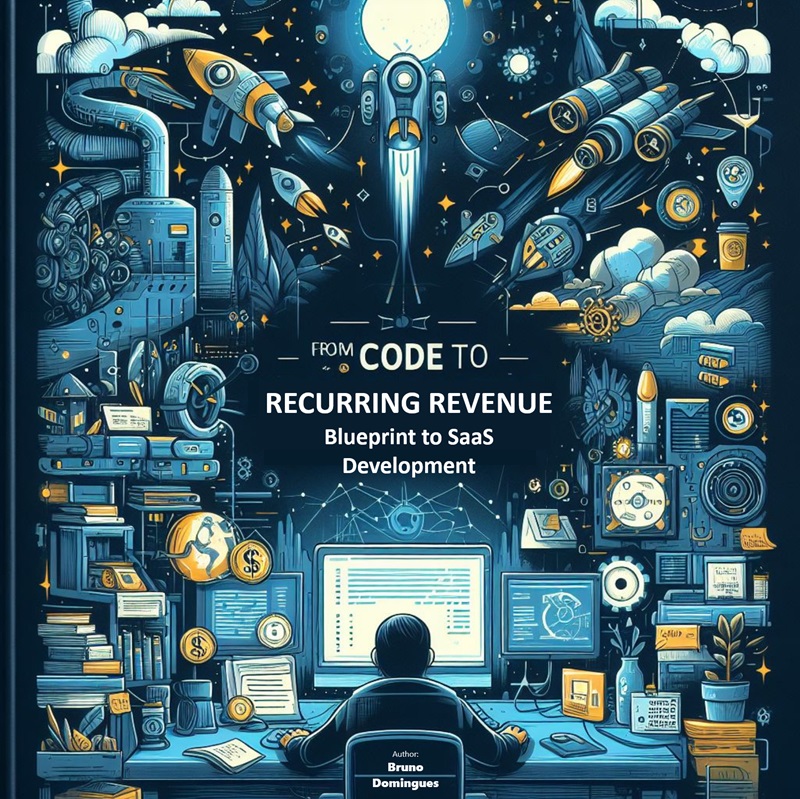When choosing a SaaS provider, businesses should consider factors such as reputation and reliability, security measures, compliance with regulations, scalability and flexibility, integration capabilities, pricing and licensing models, customer support and service level agreements (SLAs), and vendor stability and longevity. Assessing the provider's reputation and reliability can help ensure that they have a track record of delivering quality service and support. Security measures are critical to protect sensitive data from unauthorized access or breaches. Businesses should ensure that the provider implements robust security measures and complies with relevant regulations and standards. Scalability and flexibility are important considerations to accommodate growth and changing business requirements. Integration capabilities are essential for seamless interoperability with existing systems and workflows. Pricing and licensing models should be transparent and align with the business's budget and usage patterns. Customer support and SLAs are crucial for resolving issues quickly and minimizing downtime. Finally, evaluating the vendor's stability and longevity can help ensure a long-term partnership and avoid disruptions.
Choosing the right Software as a Service (SaaS) provider is a critical decision for businesses, as it can have a significant impact on the success and effectiveness of the solution. When evaluating potential SaaS providers, businesses should consider several key factors to ensure that they select the best fit for their needs.
Firstly, assessing the provider's reputation and reliability is essential to ensure that they have a track record of delivering quality service and support. This may involve researching customer reviews, testimonials, and case studies to gauge satisfaction levels and reliability.
Security measures are another critical consideration when choosing a SaaS provider. Businesses should ensure that the provider implements robust security measures to protect sensitive data from unauthorized access or breaches.
This may include encryption, access controls, and compliance with relevant regulations and standards, such as GDPR or HIPAA. Scalability and flexibility are important considerations to accommodate growth and changing business requirements.
Businesses should ensure that the provider offers scalable solutions that can grow with their business and adapt to evolving needs. Integration capabilities are essential for seamless interoperability with existing systems and workflows.
Businesses should assess the provider's integration capabilities and compatibility with their existing infrastructure to ensure a smooth implementation process. Pricing and licensing models should be transparent and align with the business's budget and usage patterns.
Businesses should carefully review pricing plans, terms, and conditions to understand the total cost of ownership and avoid unexpected expenses. Customer support and service level agreements (SLAs) are crucial for resolving issues quickly and minimizing downtime.
Businesses should evaluate the provider's customer support offerings, response times, and SLAs to ensure that they meet their needs and expectations. Finally, evaluating the vendor's stability and longevity can help ensure a long-term partnership and avoid disruptions.
Businesses should assess the vendor's financial stability, industry reputation, and track record to ensure that they are well-positioned to support their needs now and in the future.
